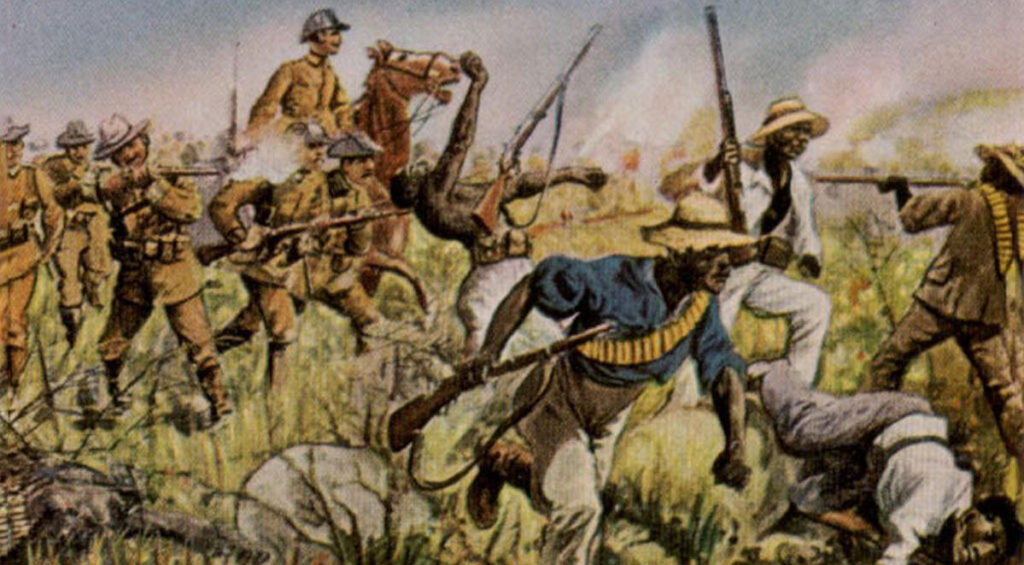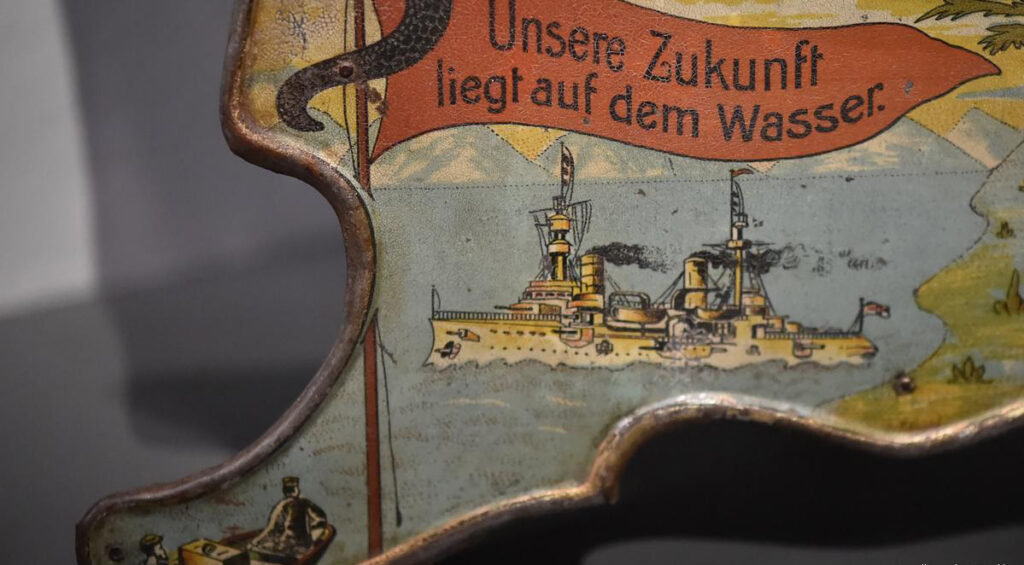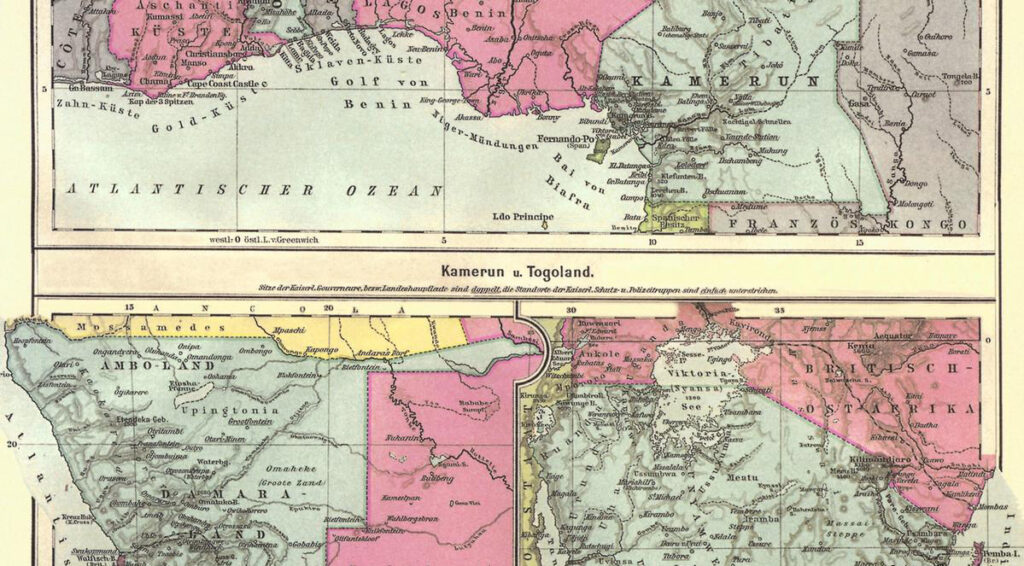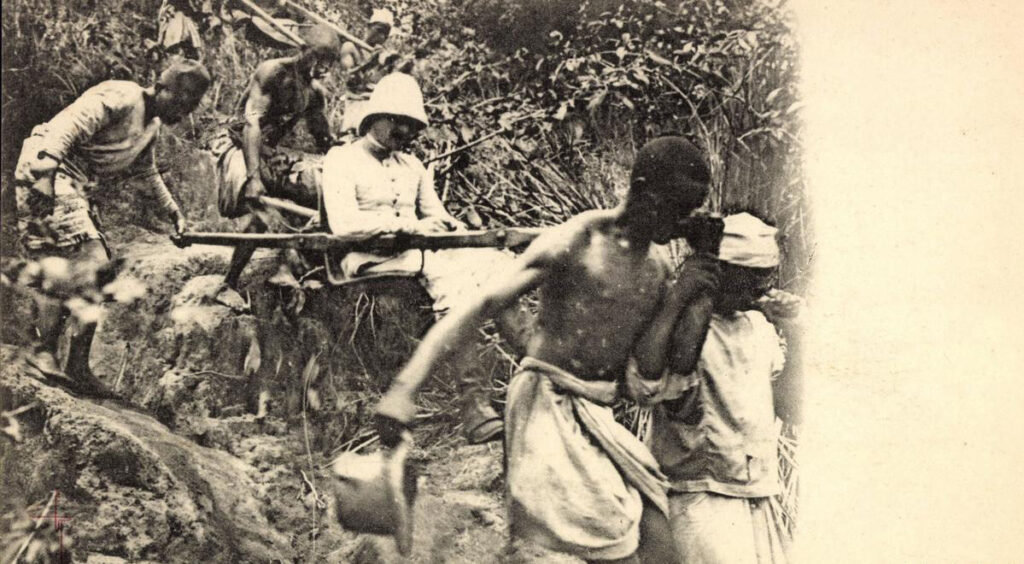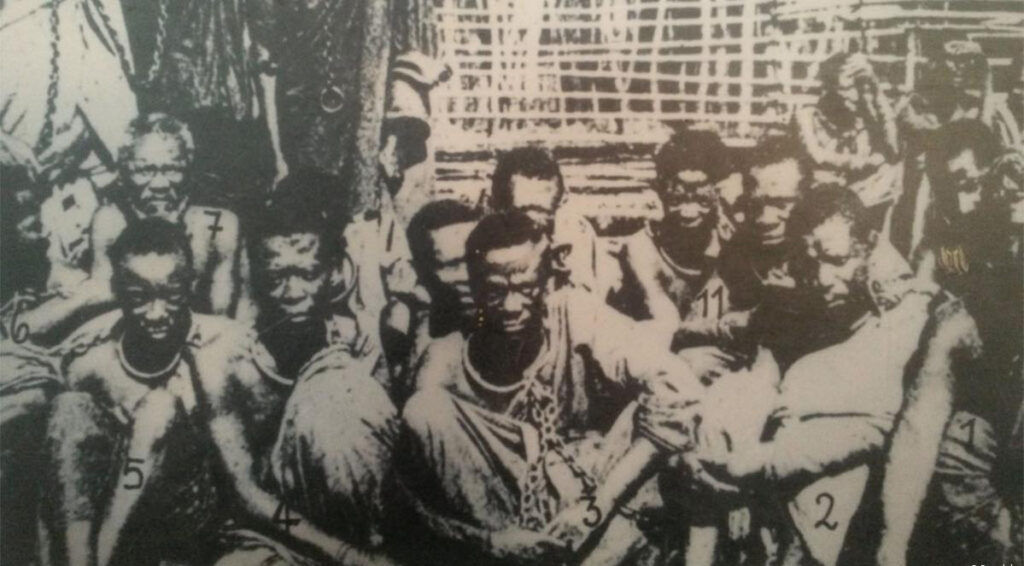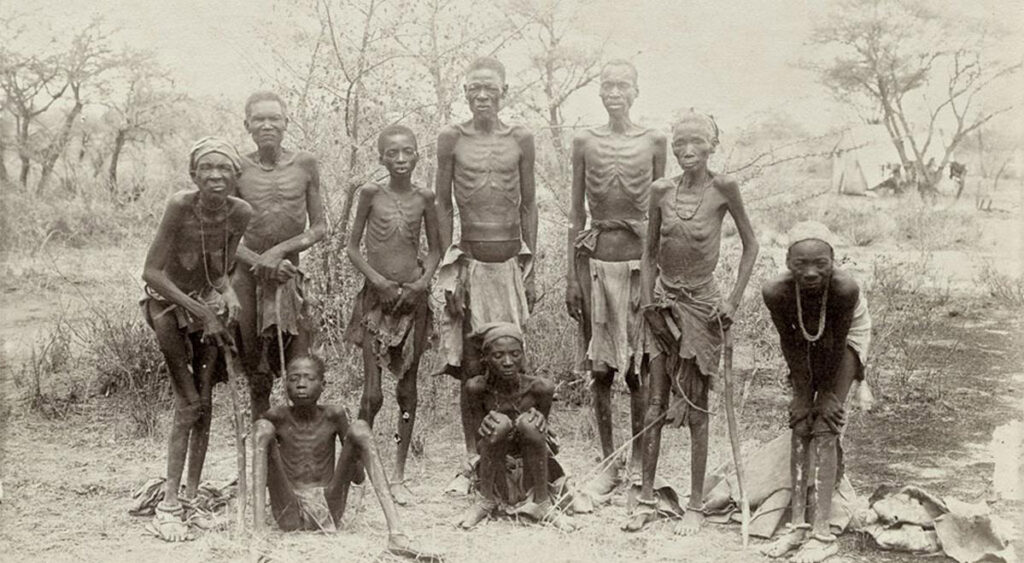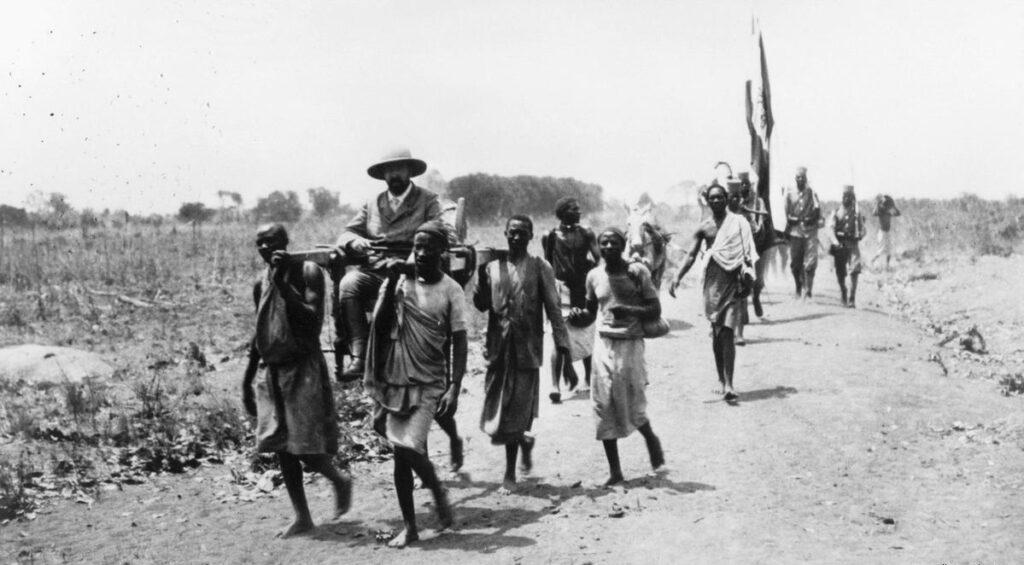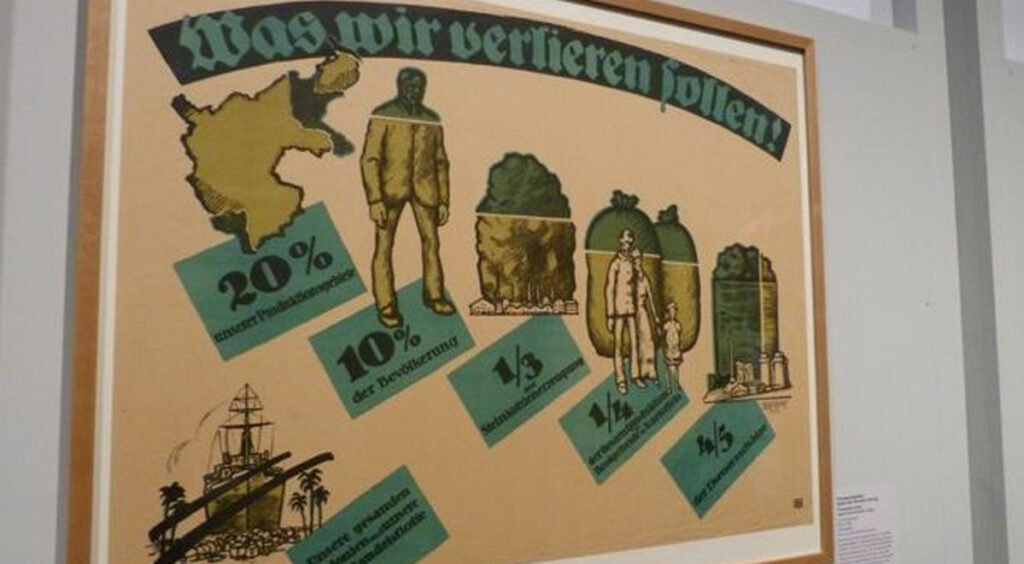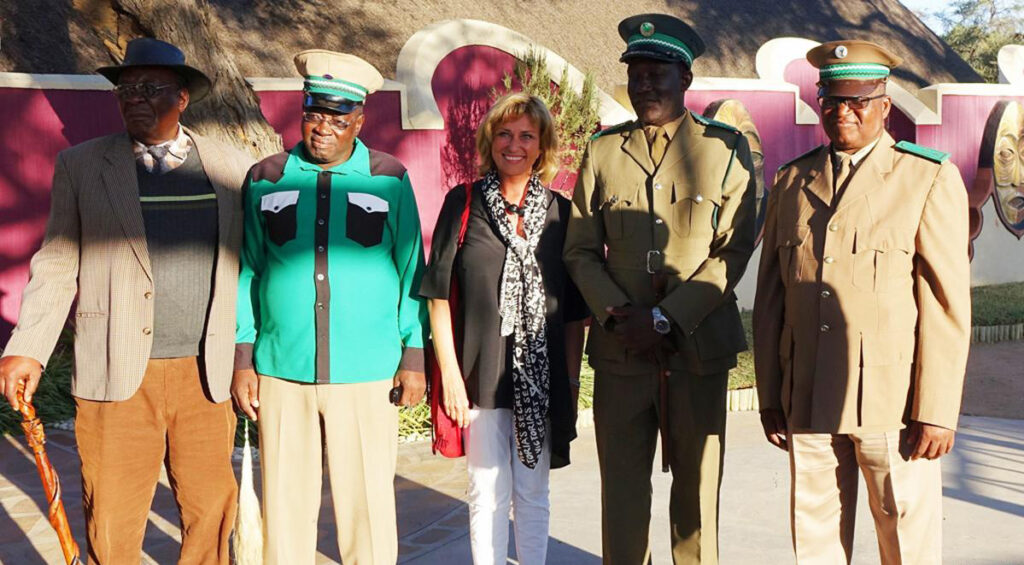Textbooks used in Africa often present the continent’s history from a colonial perspective. Many Africans argue that it is time to tell Africa’s history from an African point of view.
The Niger River, Africa’s third-longest waterway, flows in a great arc through five West African countries before emptying into the Gulf of Guinea.
Interestingly, according to some Nigerian textbooks, the Niger River was “discovered” by the Scottish explorer Mungo Park in 1796—a “fact” that Nigerian historian Faith Odele also learned during her school days.
"You start to wonder. Didn't the river exist before Mungo Park arrived?" she asked DW. "Didn't people travel to the river, didn't people fish in it? So why should Nigerians be taught that Mungo Park discovered the Niger River?"
